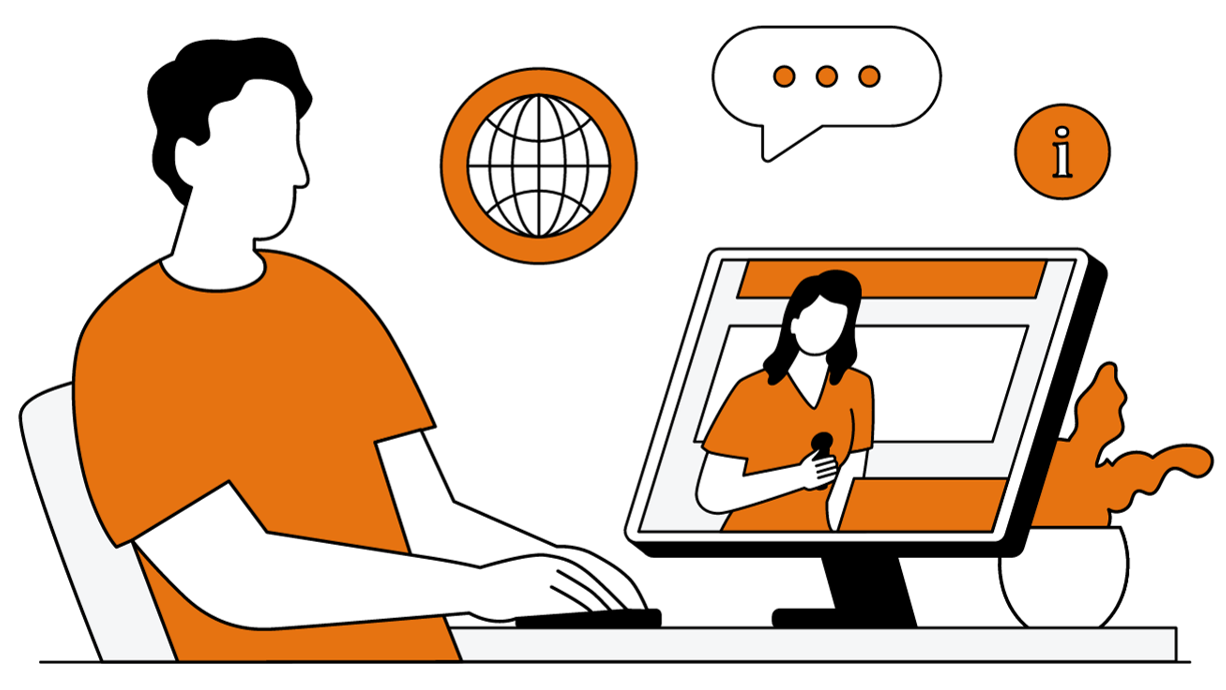BUILDING A STRONG FOUNDATION FOR THE DIGITAL ERA
Living in a world that is becoming more and more connected, and where everyday life is becoming more digital, we have to rethink who and what citizens are and will become. We’ve seen too many dystopian movies that depict a future full of cybercrime and lost identities. Our common task is to try to avoid these futures and to educate young people to become responsible digital citizens.
The concept of digital citizenship takes its point of departure from the general concept of citizenship. Although the concept of citizenship has been around for many years, no simple and unambiguous definition exists. Within political philosophy, citizenship is “normally defined as a bundle of rights and duties relating to an individual as a member of a political community” . A review of academic literature on the topic provides various starting points for understanding digital citizenship, starting from better understanding the digital divide and access to the technologies to better access to political engagement and how the digital technologies change the way citizens interact with the political community. The literature review reveals that the digital transformation has had a huge impact on the way citizens communicate about political issues. By means of digital technologies, it is now possible to find information in an easy way, just as it is possible to communicate directly with public authorities and other political actors.
Citizenship takes place within a community and includes both rights and responsibilities. For example, there are rights for community members, like the right to speak freely, and there are responsibilities along with these rights as well. Responsibilities are the boundaries within which community members have to live. Except for some minor differences, this general framework applies to digital citizenship. Traditionally, the basic principles of citizenship are reported to include being respectful and polite, being responsible, and making positive contributions to society. The principles of digital citizenship shouldn’t be much different from those of traditional citizenship.

According to the Council of Europe, digital citizenship can be defined as: “The competent and positive engagement with digital technologies (creating, working, sharing, socializing, investigating, playing, communicating and learning); participating actively and responsibly (values, skills, attitudes, knowledge) in communities (local, national, global) at all levels (political, economic, social, cultural and intercultural); being involved in a double process of lifelong learning (in formal, informal and non-formal settings) and continuously defending human dignity.” (Council of Europe, 2022.)
